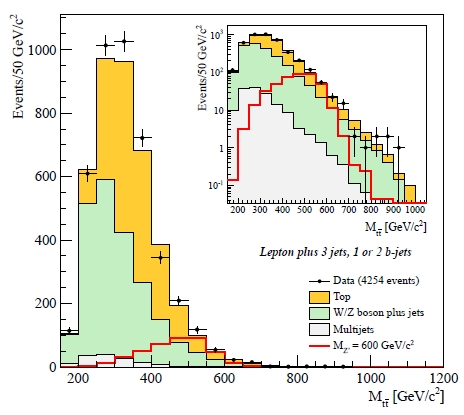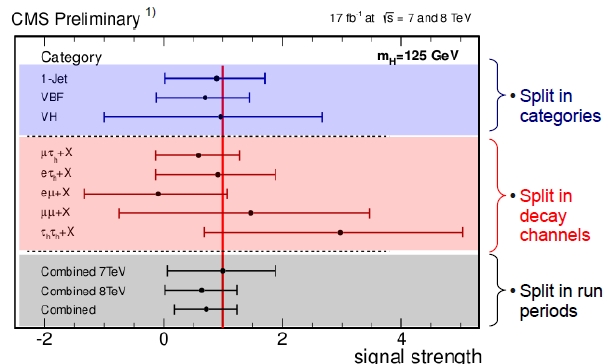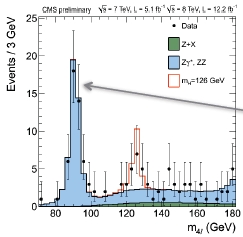Update: I got a confirmation that at the latest INFN board of directors meeting the news was given that the Super-B factory to be built outside Rome is no more. Super-B joins other remarkable projects in high-energy physics -notably the SSC, the American 40-TeV super-collider to be built in Texas, and killed by Congress in 1993- in the dust bin.
With this move the Italian government shows again how little they care for basic research in Italy, and provides further fuel to the escape of bright researchers to other countries.
The top quark is the heaviest of the six known hadron constituents, discovered at the Fermilab Tevatron collider in 1995. Because of its quite large mass -over forty times more than the second-heaviest bottom quark- and because of a few additional interesting properties, the top quark has stimulated in the past two decades a large amount of theoretical work, well matched to the Tevatron investigations.
In fact, one of the explicit goals of the CDF and DZERO experiments for Run II of the Tevatron, which lasted from 2002 to 2010, was to study extensively the top quark both as a standard model object, subjected as it is to electroweak interactions which can be studied and compared to predictions, and as a portal to new physics of various kinds.
UPDATE: BBC radio contacted me to let me know they corrected their mistake. I am very glad to hear that! So you can continue reading BBC after all!
Probability inversion is one of the nastiest mistakes one can do handling the results of a statistical analysis, invalidating to the roots the interpretation of the data to the point that the whole work effectively becomes useless. Unfortunately, it is a very common entertainment for journalists reporting scientific results, and oftentimes scientists themselves fall in the trap.
Maybe more interesting than the
just reported result of searches for the Higgs boson into four-lepton final states (ee, eμ, μμ) are the result presented by CMS and ATLAS on the searches for the Higgs decay into tau-lepton pairs. The reason for the interest comes from the fact that last July the rather high rates of Higgs decays to photon pairs had suggested to some that this new particle might have reduced couplings to fermions, and could thus be a non-Standard Model particle after all.
Today new results of Higgs searches have first been shown in Kyoto, at the
Hadron Collider Physics conference. Let us see the CMS and ATLAS updates of their measurements in the ZZ-> 4 leptons final state, which constitutes the best signal-to-noise channel to study Higgs properties cleanly and measure mass and spin-parity of the new found particle.
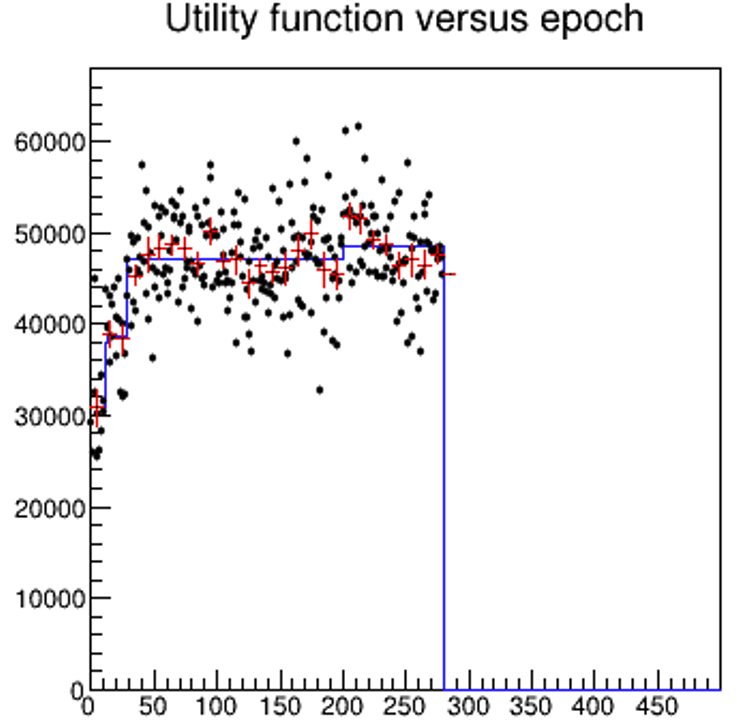 The Strange Case Of The Monotonous Running Average
The Strange Case Of The Monotonous Running Average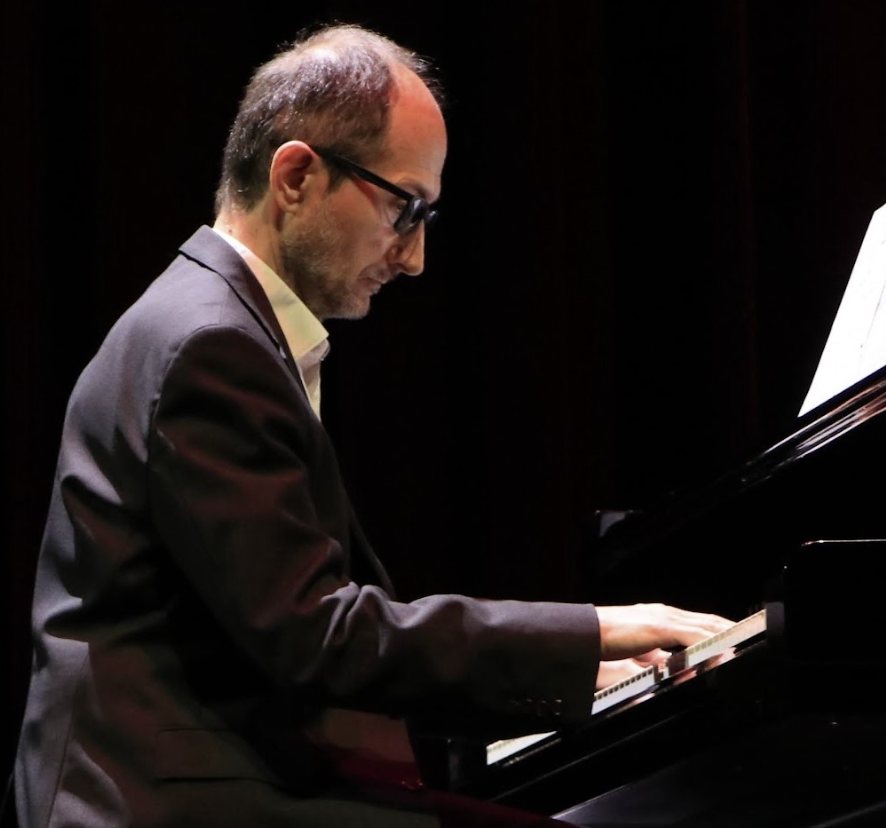 Turning 60
Turning 60 On The Illusion Of Time And The Strange Economy Of Existence
On The Illusion Of Time And The Strange Economy Of Existence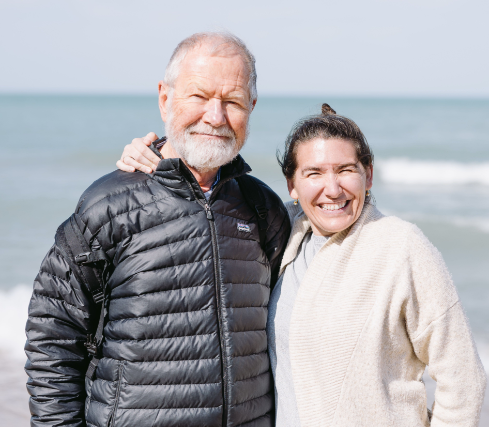 RIP - Hans Jensen
RIP - Hans Jensen



